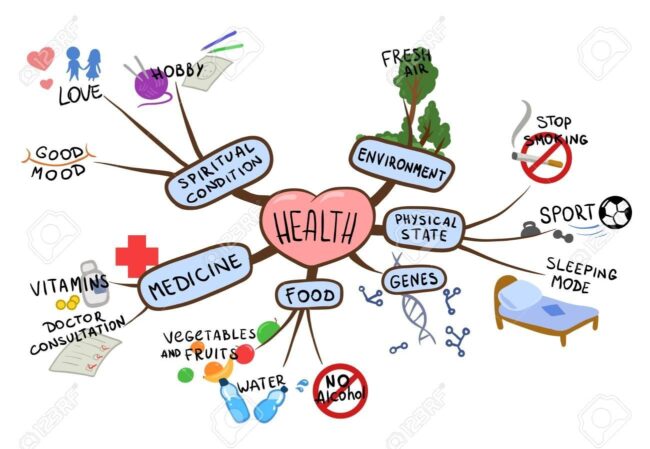Strategies for a Healthy Life-Work Balance
Striking the Balance
In our modern, interconnected world, maintaining a healthy life-work balance has become increasingly challenging. Juggling professional responsibilities with personal well-being is crucial for long-term happiness and success. Here are some effective strategies from Nootropicology to help you strike the right balance between your personal and professional life.
The foundation of a healthy life-work balance begins with prioritizing self-care. This includes setting aside time for activities that bring you joy and relaxation. Whether it’s reading a book, going for a walk, or spending quality time with loved ones, making self-care a non-negotiable part of your routine is essential.
Creating clear boundaries between work and personal life is vital for maintaining balance. Set specific working hours and stick to them. Avoid checking work emails or taking work-related calls during your personal time. Establishing these boundaries helps prevent burnout and allows you to fully recharge during your off hours.

Mastering time management is a key skill for achieving a healthy life-work balance. Prioritize tasks based on their importance and deadlines. Break down larger projects into smaller, more manageable tasks. By efficiently managing your time, you can accomplish your professional responsibilities without sacrificing your personal life.
It’s okay to say no when you feel overwhelmed. Taking on too many commitments, both professionally and personally, can lead to stress and exhaustion. Assess your priorities and be selective about the projects and activities you take on. Saying no when necessary is a powerful step toward maintaining balance.
While technology can blur the lines between work and personal life, it can also be a valuable tool for achieving balance. Use productivity apps to organize tasks, set reminders for breaks, and schedule downtime. Additionally, consider setting specific times to check and respond to work-related messages to prevent constant connectivity.
If possible, cultivate a work environment that supports a healthy life-work balance. Encourage open communication with colleagues and superiors about workload and deadlines. Organizations that prioritize work-life balance often see increased employee satisfaction and productivity.
Taking short breaks throughout the day can significantly impact your overall well-being. Use breaks to stretch, take a walk, or engage in a brief mindfulness exercise. These moments of rejuvenation can enhance focus and productivity when you return to your tasks.
Regularly reflect on your life-work balance and be willing to make adjustments as needed. Life is dynamic, and what works for you at one point may need to be modified as circumstances change. Flexibility and adaptability are key to maintaining a healthy balance over the long term.
In conclusion, achieving a healthy life-work balance requires intentional effort and a commitment to self-care. By prioritizing well-being, setting boundaries, managing time effectively, and fostering a supportive environment, you can create a balance that allows you to thrive both personally and professionally.